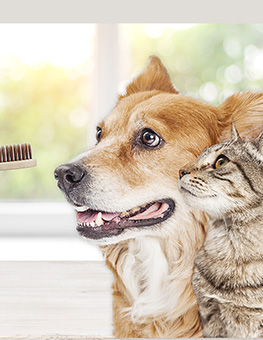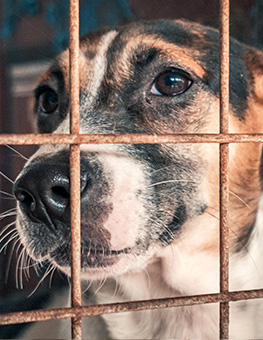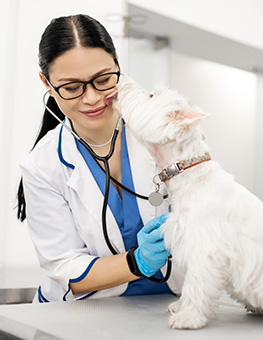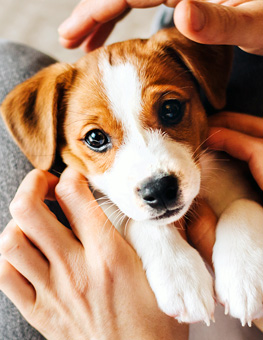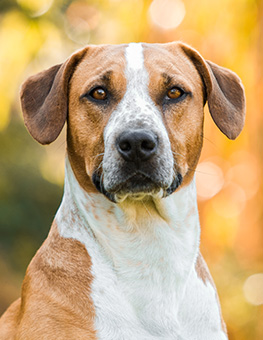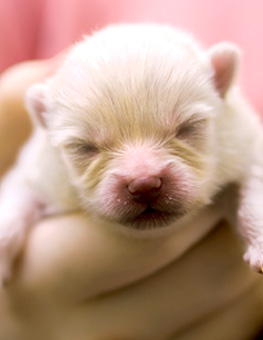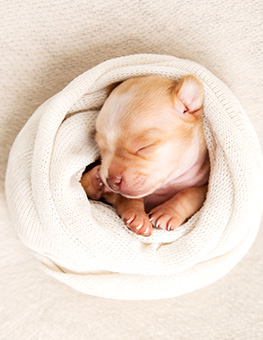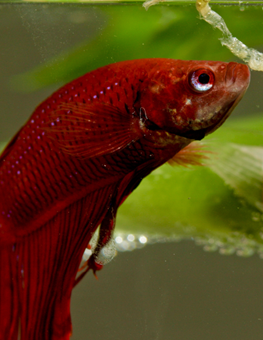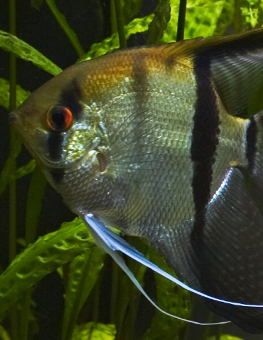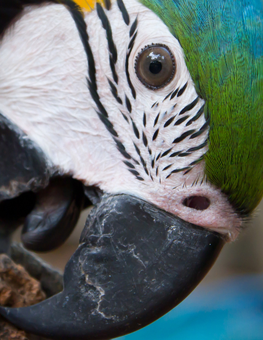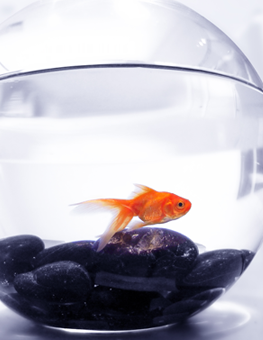What are Hot Spots and How to Treat Them?
A Hot Spot is technically called Acute Moist Dermatitis. It is a condition caused by the pet himself or herself by self-trauma.
Written by Dr. Elizabette Cohen, Veterinarian, Radio Personality & Pet Owner.
Have you ever had an itch so intense you couldn’t leave it alone? We all know better than to scratch a spot on our bodies, but sometimes, you can’t help yourself. This is what a hot spot is to a pet. A hot spot is technically called Acute Moist Dermatitis. It is a condition caused by the pet himself or herself by self-trauma. In other words, if your pet has a hot spot, he or she licked a spot on his or her body excessively and uncontrollably. It can look hairless, red and wet. It is caused by intense itch or intense pain or sometimes, a combination of both.
The number one cause of a hot spot is fleas. Fleas jump on our pets, bite them, and release agents in their saliva that prevent our pet’s blood from clotting so the fleas can get a good, continuous blood meal. This is what the flea diet is-blood. And these adult fleas spend most of their time living on our pets’ skin, hidden in their fur. Dogs, cats and even people who are allergic to fleas, i.e. have a flea bite hypersensitivity, react to their saliva. The uncontrollable itch is from the release of histamines. This is why a doctor will recommend an antihistamine for an allergy. The skin becomes swollen, red and incredibly itchy; so itchy, pets can’t help but scratch and lick, but mostly, lick. There are other causes of hot spots like other allergies to products, other parasites or even some foods. And hot spots can be seen with other diseases present like arthritis or infection.
Once a hot spot is there, the entire skin becomes overly sensitive to anything put on it. This is why it is important to get your pet examined by a veterinarian as soon as you see a hot spot so that your pet can get instant relief and prevent the skin from getting worse. The veterinarian may give your pet an anti-inflammatory injection to control the itch along with some antihistamines. There are steroid sprays you can apply to the hot spot, but it is very important that your pet is prevented from licking that spot, especially if it has been treated. And antibiotics will be necessary if an infection has developed already.



